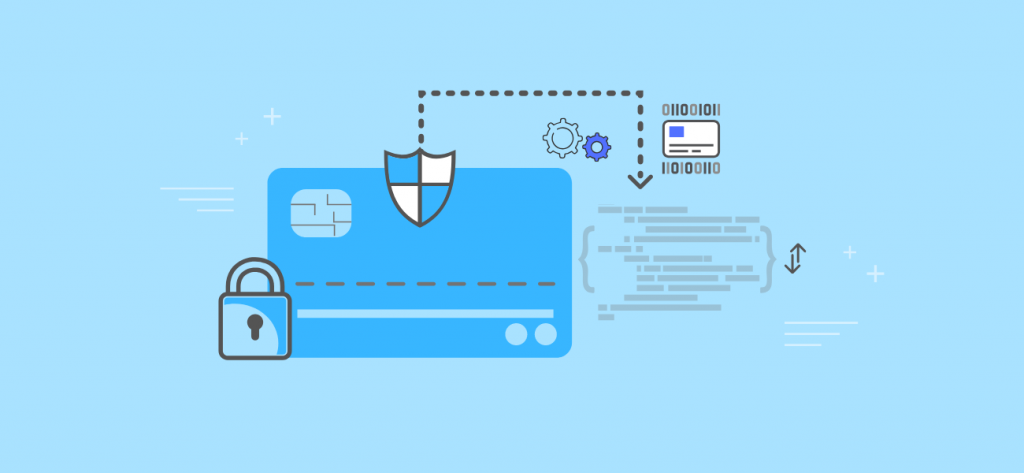Tokenization is the process of transforming sensitive data into unique tokens that retain all the essential information of the original data, but are secure and meaningless if accessed by unauthorized individuals. Tokenization can be used for a variety of purposes, including payment processing.
When it comes to payments, tokenization replaces cardholder data with unique tokens that can securely be used for payment authentication and processing without exposing the original data. Tokenization enables faster, more secure transactions by allowing merchants to process payments without storing sensitive bank account information (like credit card numbers).
There are multiple industry-leading tokenization solutions available today that make it easy for businesses to integrate tokenized payments into their applications, websites, and point-of-sale systems. Tokenization solutions can be used to tokenize payment card data, bank account data, and other sensitive information.
How can tokenization help with PCI compliance?
Tokenization helps reduce the scope of compliance for businesses by replacing cardholder data with unique tokens that do not contain any personally identifiable information. Tokenized payments are processed similarly to other types of payments, so businesses do not need to store or transmit cardholder data in order to complete transactions.
Tokenization solutions also make it easier for businesses to comply with the Payment Card Industry Data Security Standard (PCI DSS), as they help reduce the amount of sensitive data that needs to be protected. PCI DSS is a set of requirements that business must follow in order to ensure payment card security. By using a tokenization solution, businesses can achieve PCI DSS compliance without having to manage the storage and processing of sensitive data themselves.
How does tokenization help with fraud?
Tokenization solutions make it more difficult for attackers to gain access to sensitive payment information because the tokens are meaningless if accessed by unauthorized individuals. Tokenization also makes it easier for businesses to identify and track fraudulent activity, as the unique tokens can be traced back to specific payment transactions.
In addition, tokenization solutions help protect against data breaches, as the original cardholder data is not stored in any form on the merchant’s systems. If a tokenization solution is used and a data breach occurs, cardholder data can be replaced without providing access to the payment information that was compromised.
What are the primary benefits of tokenization?
Tokenization enables faster transactions by processing sensitive data outside of your system; this allows you to avoid costly fees for storing and transmitting cardholder data. Tokenization also provides a more secure consumer experience by protecting sensitive information, and it reduces your PCI scope through tokenized transactions.
Tokenization works to prevent fraud by replacing cardholder data with unique tokens that can’t be used to make fraudulent purchases. Tokenized payments are processed similarly to other types of payments, which makes it easier for businesses to integrate tokenized payments into their systems. In the event of a data breach, tokenization can help reduce the impact by replacing cardholder data without providing access to the payment information that was compromised.
Tokenization is a powerful tool that businesses can use to protect their customers’ sensitive data. By using a tokenization solution, businesses can streamline their payment processes, provide a secure consumer experience, and increase efficiency in payments without exposing sensitive data to fraud or theft. In addition, tokenization solutions make it easier for businesses to comply with the Payment Card Industry Data Security Standard (PCI DSS).
